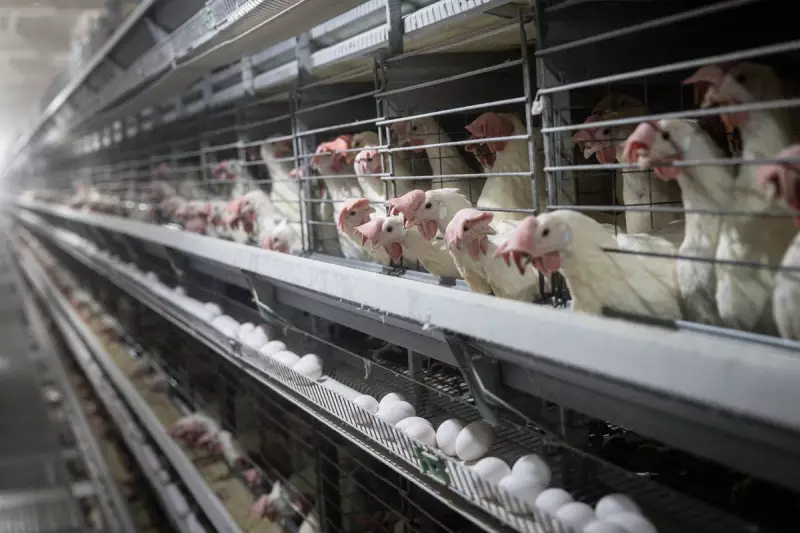
A major bird flu outbreak is creating chaos in Britain's food supply chain, sending egg prices skyrocketing and leaving supermarket shelves empty as the virus continues to devastate poultry populations across the country.
Why Your Breakfast Is Getting More Expensive
According to food security experts, the current situation represents a perfect storm of factors driving up costs and reducing availability. The highly pathogenic H5N1 strain of avian influenza has been particularly brutal this season, forcing farmers to cull millions of birds to contain the spread.
Professor Andrew Tyler, a food supply chain expert, warns that "we are witnessing unprecedented pressure on egg production systems that were already strained by rising energy and feed costs."
The Ripple Effect on British Consumers
The impact is being felt directly by households across the UK:
- Supermarkets are implementing purchase limits on eggs
- Some specialty eggs have seen price increases of over 30%
- Smaller retailers are struggling to maintain consistent supply
- Cafés and restaurants are facing menu challenges
Is This the New Normal?
Worryingly, experts suggest this isn't a temporary problem. The bird flu virus has become endemic in wild bird populations, creating continuous pressure on commercial poultry operations. Unlike previous seasonal outbreaks, the current situation shows no signs of following traditional patterns.
Dr Sarah Wilkinson, a veterinary epidemiologist, explains that "the virus is now circulating year-round in wild birds, which means commercial farms face constant risk of introduction. This fundamentally changes how we need to approach biosecurity and planning."
What's Being Done to Address the Crisis?
The government and industry are implementing several measures:
- Enhanced biosecurity requirements for all poultry farms
- Compensation schemes for affected farmers
- Research into more resilient breeding stock
- Development of vaccination strategies
However, experts caution that these measures will take time to show results, meaning consumers should brace for continued challenges in the egg market throughout 2024.





